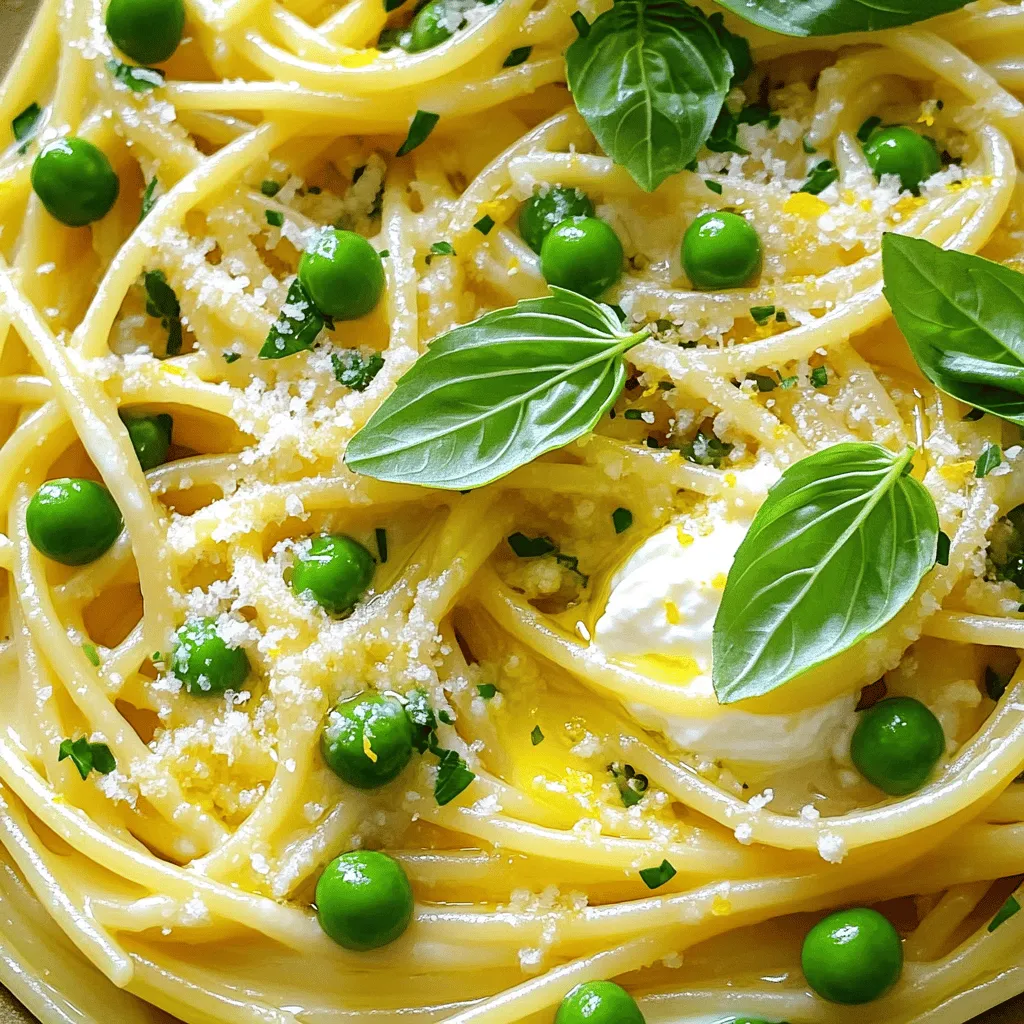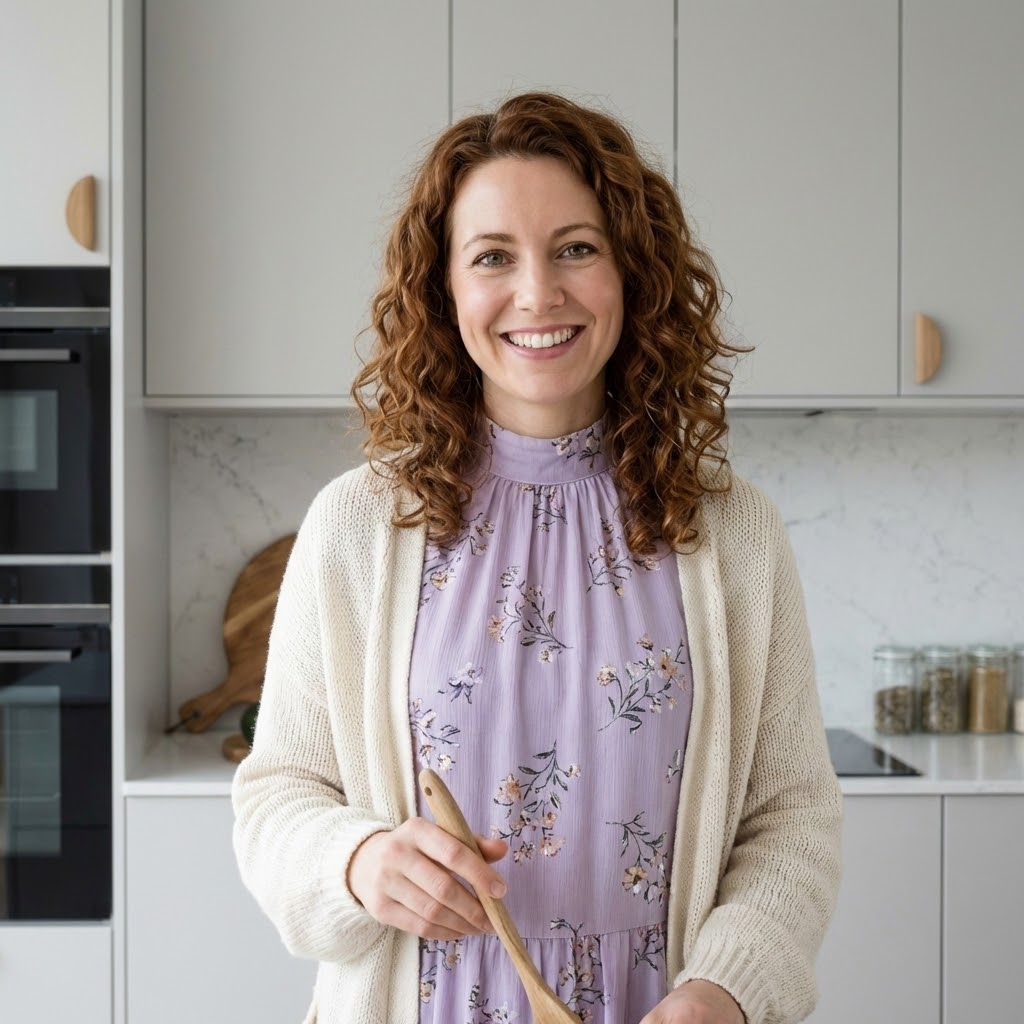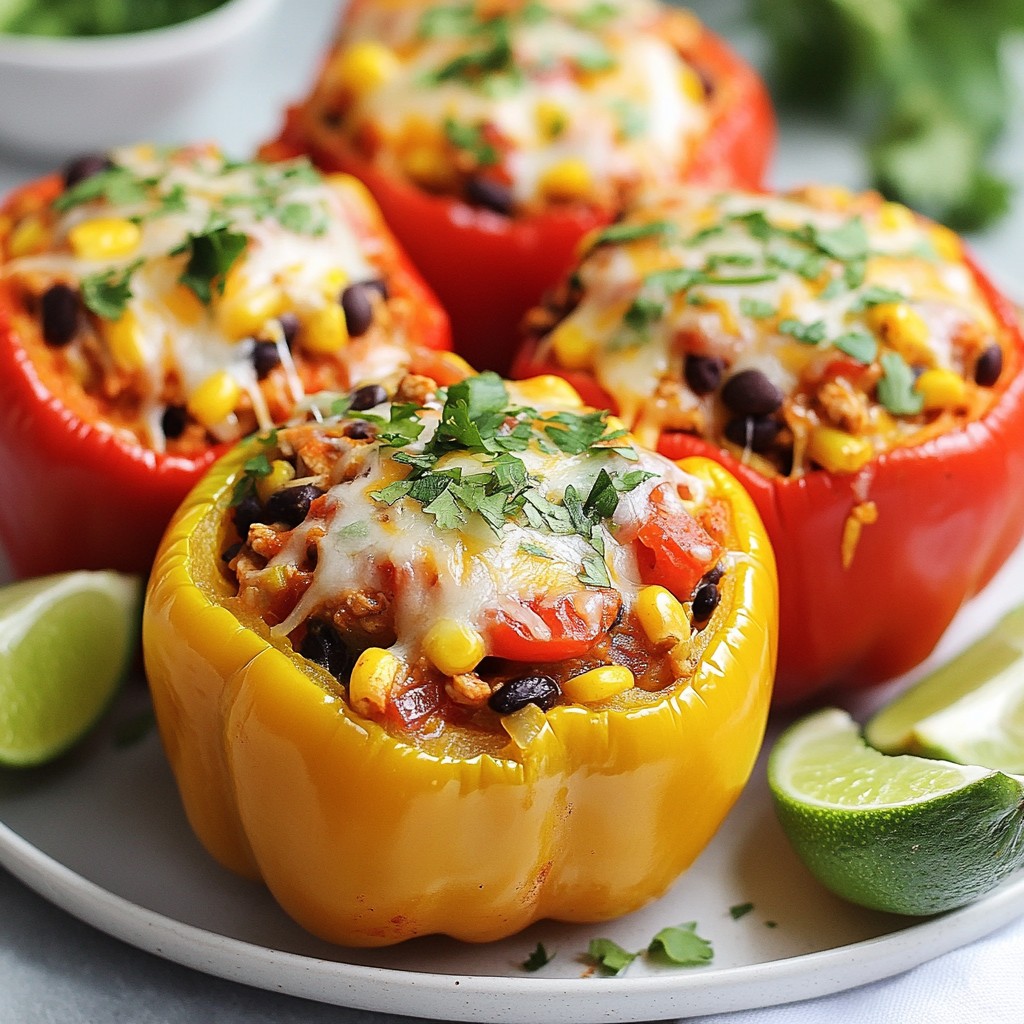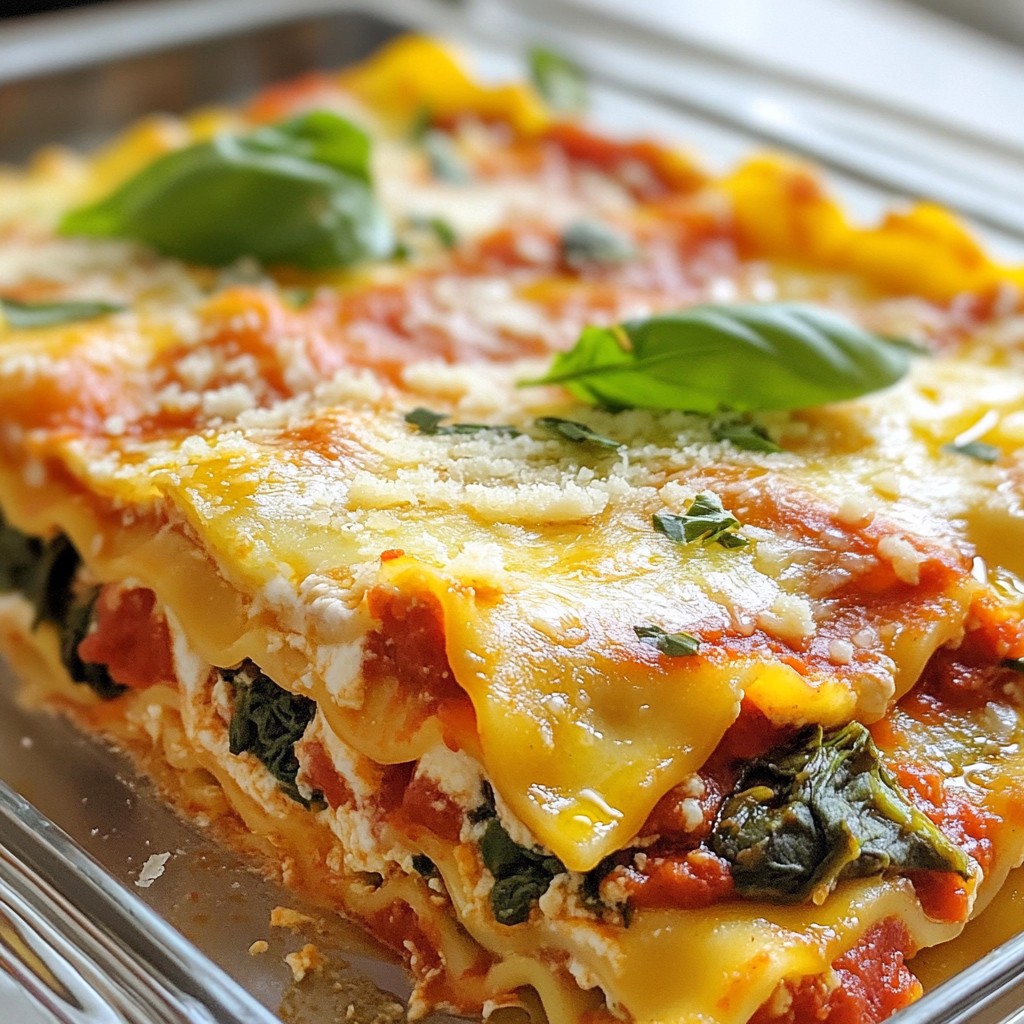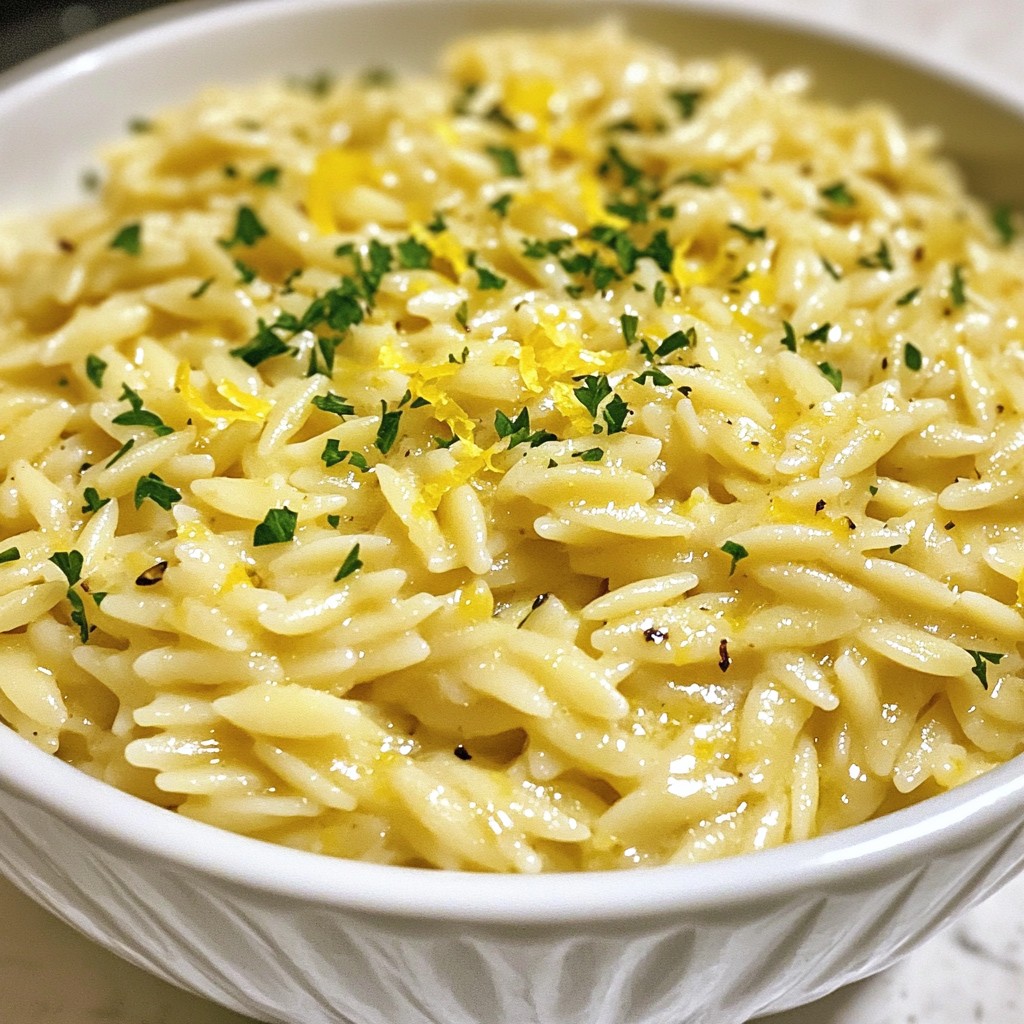Are you ready to elevate your weeknight meals? This Lemon Ricotta Pasta with Peas recipe combines fresh flavors and creamy comfort. With just a few simple steps, you can create a dish that’s both quick and satisfying. From cooking pasta perfectly to making a smooth ricotta sauce, I’ll guide you through it all. Let’s dive into the ingredients and start cooking something delicious!
Ingredients
List of Main Ingredients
To make this delicious lemon ricotta pasta with peas, you will need:
– 12 oz spaghetti or your choice of pasta
– 1 cup ricotta cheese
– Zest of 1 lemon
– 1/4 cup fresh lemon juice
– 1 cup fresh or frozen peas
– 2 tablespoons olive oil
– 2 cloves garlic, minced
– 1/2 teaspoon red pepper flakes (optional)
– Salt and pepper, to taste
– 1/2 cup freshly grated Parmesan cheese
– Fresh basil or parsley for garnish
Optional Ingredients for Customization
You can customize your dish in fun ways by adding:
– Cooked chicken or shrimp for protein
– Fresh spinach or arugula for extra greens
– A squeeze of lime for a twist on flavor
– Other herbs like tarragon or dill for variety
Kitchen Tools and Equipment Needed
Gather these tools to make your cooking easy:
– Large pot for boiling pasta
– Large skillet for sautéing
– Mixing bowl for the ricotta sauce
– Measuring cups and spoons
– Wooden spoon or spatula for mixing
– Grater for Parmesan cheese
With these ingredients and tools, you’re all set to create a creamy, flavorful lemon ricotta pasta with peas that will impress everyone at the table!
Step-by-Step Instructions
Cooking the Pasta Perfectly
Start by boiling a large pot of salted water. Add your pasta to the pot. Cook it according to the package instructions until it is al dente. This means it should be firm but not hard. Before draining, save 1 cup of pasta water. This water has starch that helps make the sauce creamy.
Sautéing Peas and Garlic
In a large skillet, heat 2 tablespoons of olive oil over medium heat. Add 2 minced garlic cloves and red pepper flakes if you like some spice. Sauté for about 1 minute until the garlic smells good. Then, add 1 cup of peas. Cook for 2-3 minutes until the peas are warm.
Preparing the Ricotta Sauce
In a mixing bowl, combine 1 cup of ricotta cheese, the zest of 1 lemon, and 1/4 cup of fresh lemon juice. Add salt and pepper to taste. If the mixture is thick, stir in a bit of the reserved pasta water. This will help make the sauce smoother and creamier.
Combining Ingredients for Creaminess
Once the pasta is drained, add it to the skillet with the peas and garlic. Pour the ricotta sauce over the pasta. Gently toss everything together until the pasta is coated. If it looks dry, add more reserved pasta water until you reach the desired creaminess.
Serving Suggestions
Remove the skillet from heat and mix in 1/2 cup of freshly grated Parmesan cheese. Taste the pasta and add more salt or pepper if needed. Serve the dish warm. You can garnish it with fresh basil or parsley and sprinkle some extra Parmesan on top for a nice touch. Enjoy your meal!
Tips & Tricks
Best Pasta Cooking Techniques
Cooking pasta well is key. I always use a large pot with salted water. The salt helps add flavor. Bring the water to a rolling boil before adding your pasta. Stir the pasta often. This keeps it from sticking. Cook it until it’s al dente, which means it should be firm but not hard. Save a cup of the pasta water. This water helps make the sauce smooth.
Enhancing Flavor with Fresh Herbs
Fresh herbs can take this dish to the next level. I love using basil or parsley for a fresh touch. Chop them finely and sprinkle them on top right before serving. You can also mix them into the sauce for a stronger flavor. This adds color and makes the dish even more appealing. If you like a bit of spice, try adding some red pepper flakes. They can give your pasta a nice kick.
Adjusting Creaminess and Texture
The ricotta cheese gives this pasta its creamy base. If you want it creamier, add more ricotta. If it seems too thick, stir in some of the reserved pasta water. This water has starch, which helps the sauce cling to the pasta. Keep mixing until you get the texture you like. You can also add more lemon juice for a zesty taste. Just remember to taste as you go. This way, you can adjust the flavors to your liking.

Variations
Adding Protein Options (e.g., Chicken, Shrimp)
You can add protein to your Lemon Ricotta Pasta for a heartier meal. Chicken and shrimp are great choices. For chicken, grill or sauté it in a pan. Cut it into bite-sized pieces and mix it in with the pasta. If you use shrimp, sauté it in the same pan with garlic. Add the shrimp once it turns pink. This adds flavor and makes the dish more filling.
Vegetarian Variations (e.g., Adding Spinach)
If you want a vegetarian twist, try adding spinach. Fresh spinach wilts down nicely and adds color. Add it to the skillet when you cook the peas. Cook until it wilts, then combine it with the pasta. You can also use other veggies like zucchini or asparagus. Just sauté them until tender before mixing with the pasta.
Gluten-Free Pasta Substitutes
For a gluten-free option, choose gluten-free pasta. Many brands offer great pasta that tastes similar to regular pasta. You can find options made from rice, quinoa, or chickpeas. Cook it just like regular pasta, following the package instructions. This way, everyone can enjoy this creamy and delicious dish!
Storage Info
How to Store Leftovers
To keep your Lemon Ricotta Pasta with Peas fresh, place it in an airtight container. Use a clean spoon to scoop it out. This helps avoid bacteria. Store it in the fridge for up to three days. If you notice any off smells or changes in texture, it’s best to throw it away.
Reheating Guidelines
When you’re ready to enjoy the leftovers, reheat gently. Use a pan on low heat and add a splash of water or olive oil. This helps revive the creamy sauce. Stir often to avoid burning. You can also use the microwave. Heat in short bursts of 30 seconds, stirring in between, until warmed through.
Freezing the Dish for Later Use
Freezing your Lemon Ricotta Pasta with Peas is a great option! Let the dish cool completely first. Then, portion it into freezer-safe bags or containers. Squeeze out excess air before sealing. Label the bags with the date. You can freeze it for up to three months. When ready to eat, thaw it in the fridge overnight before reheating.
FAQs
What type of pasta works best for this recipe?
I recommend spaghetti for this dish. It holds the creamy sauce very well. You can also use fettuccine or penne. Each type brings a unique texture. Just ensure you cook it until al dente for the best bite.
Can this dish be made ahead of time?
Yes, you can make this dish ahead of time. I suggest cooking the pasta and sauce separately. Store them in airtight containers in the fridge. When you’re ready to eat, combine them in a skillet. Heat gently and add some reserved pasta water to bring it back to life.
What can I use as a substitute for ricotta cheese?
If you need a ricotta substitute, try cottage cheese. Blend it until smooth for a creamier texture. You can also use Greek yogurt for a tangy flavor. Both options work well in this recipe.
How do I know when the pasta is al dente?
To check for al dente pasta, taste it a minute or two before the package says. It should be firm but not hard. If there’s a slight bite, it’s ready to drain. Perfectly cooked pasta enhances every dish, especially this creamy one.
This blog post offers a clear guide on making a delicious pasta dish. We covered key ingredients, cooking techniques, and useful kitchen tools. You learned how to sauté peas and garlic for flavor, and how to mix everything for a creamy sauce.
Remember, you can tweak the recipe to fit your taste. Try adding proteins or herbs for extra flavor. Enjoying your dish fresh or stored for later is easy with proper tips. Let your creativity shine as you cook!
